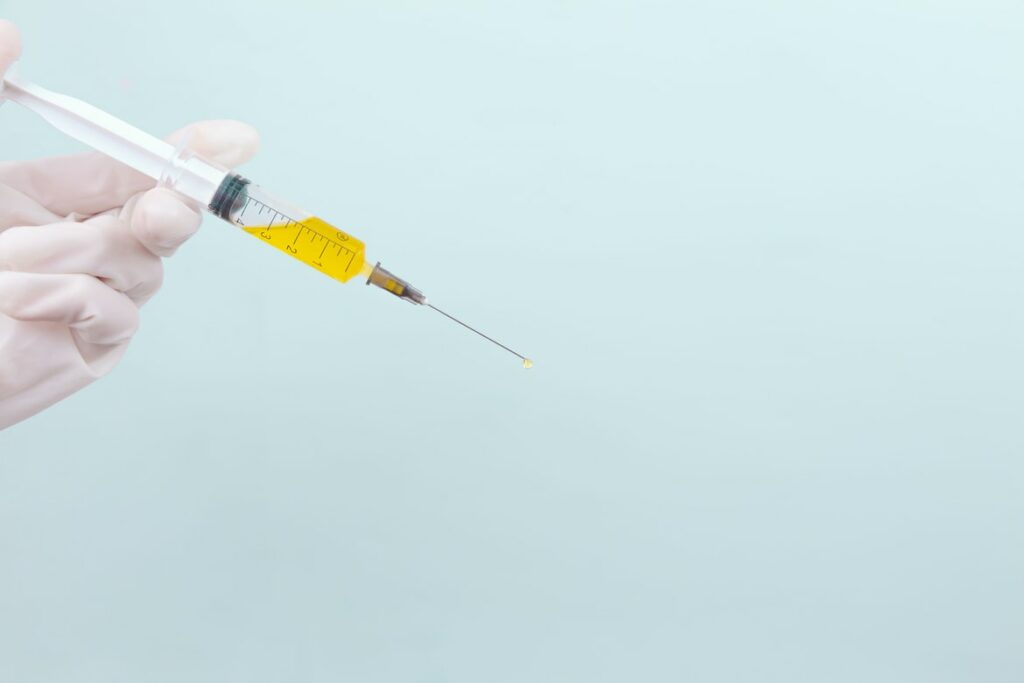CEBI examines the relationship between money and vaccinations
What would happen if you offered citizens money to get vaccinated? This is exactly what the Center of Excellence Center for Economic Behavior and Inequality (CEBI) at the University of Copenhagen has examined in a new study where 76% of the participants who were offered 200 Swedish kroner for a jab agreed to be vaccinated. The study was recently published in the scientific journal Science and garnered attention in the national media.

How do you get unvaccinated people to agree to be vaccinated? According to a new study from the Center of Excellence Center for Economic Behavior and Inequality (CEBI) at the University of Copenhagen, you do so by giving them 200 Swedish kroner. This discovery was made during a study that took place from May to June 2021 involving 1,110 participants. The study concluded that payment increased the number of participants who chose to get vaccinated regardless of their age, sex, and education level. The study was published in the scientific journal Science.
“It is really hard to get the last people vaccinated. That is why we were surprised at how a relatively small amount of money was needed to convince so many more people who weren’t otherwise jabbed to let themselves be vaccinated. The government should consider whether payments should be a solution to increase the number of people getting vaccinated,” said post-doc Pol Campos-Mercade from CEBI, who is first author on the study.
Relevant and controversial
While countries such as Canada and Greece have tried offering both lower and higher payments for a jab, Denmark is rejecting the idea of offering a payment for vaccination. The Danish Health Authority is not considering this alternative for ethical reasons and because Denmark has one of the highest vaccination rates in the world, with more than 75% of its population being fully vaccinated.
“It is a timely study, not least because it using money as an incentive for healthier behavior is controversial. It certainly does not make it any less controversial when it comes to something as crucial as the Covid-19 vaccination program. But it is important to note that our findings do not conclude that it is right to pay people to be vaccinated. Our study does not take a position on whether it is ethically correct to buy into a higher vaccination rate. That is for the authorities to assess,” said Campos-Mercade.
Campos-Mercade and the rest of the research team examined other behavioral techniques as part of the study and came to the conclusion that it was only the use of money that significantly increased the decision to vaccinate.
Read more about the study at the University of Copenhagen here
More information about the study at Politiken here
